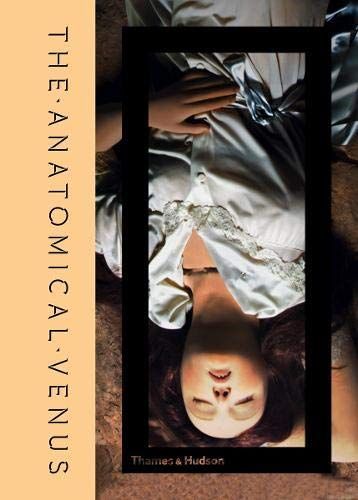
The Anatomical Venus Wax / Sex / God / Death
Beneath the original Venetian glass and rosewood case at La Specola in Florence lies Clemente Susini's Anatomical Venus (c. 1790), a perfect object whose luxuriously bizarre existence challenges belief. It - or, better, she - was conceived of as a means to teach human anatomy without need for constant dissection, which was messy, ethically fraught and subject to quick decay. This life-sized wax woman is adorned with glass eyes and human hair and can be dismembered into dozens of parts revealing, at the final remove, a beatific foetus curled in her womb. Sister models soon appeared throughout Europe, where they not only instructed the specialist students, but also delighted the general public. Deftly crafted dissectable female wax models and slashed beauties of the world's anatomy museums and fairgrounds of the 18th and 19th centuries take centre stage in this disquieting volume. Since their creation in late 18th-century Florence, these wax women have seduced, intrigued and amazed. Today, they also confound, troubling the edges of our neat categorical divides: life and death, science and art, body and soul, effigy and pedagogy, spectacle and education, kitsch and art. Incisive commentary and captivating imagery reveal the evolution of these enigmatic sculptures from wax effigy to fetish figure and the embodiment of the uncanny.